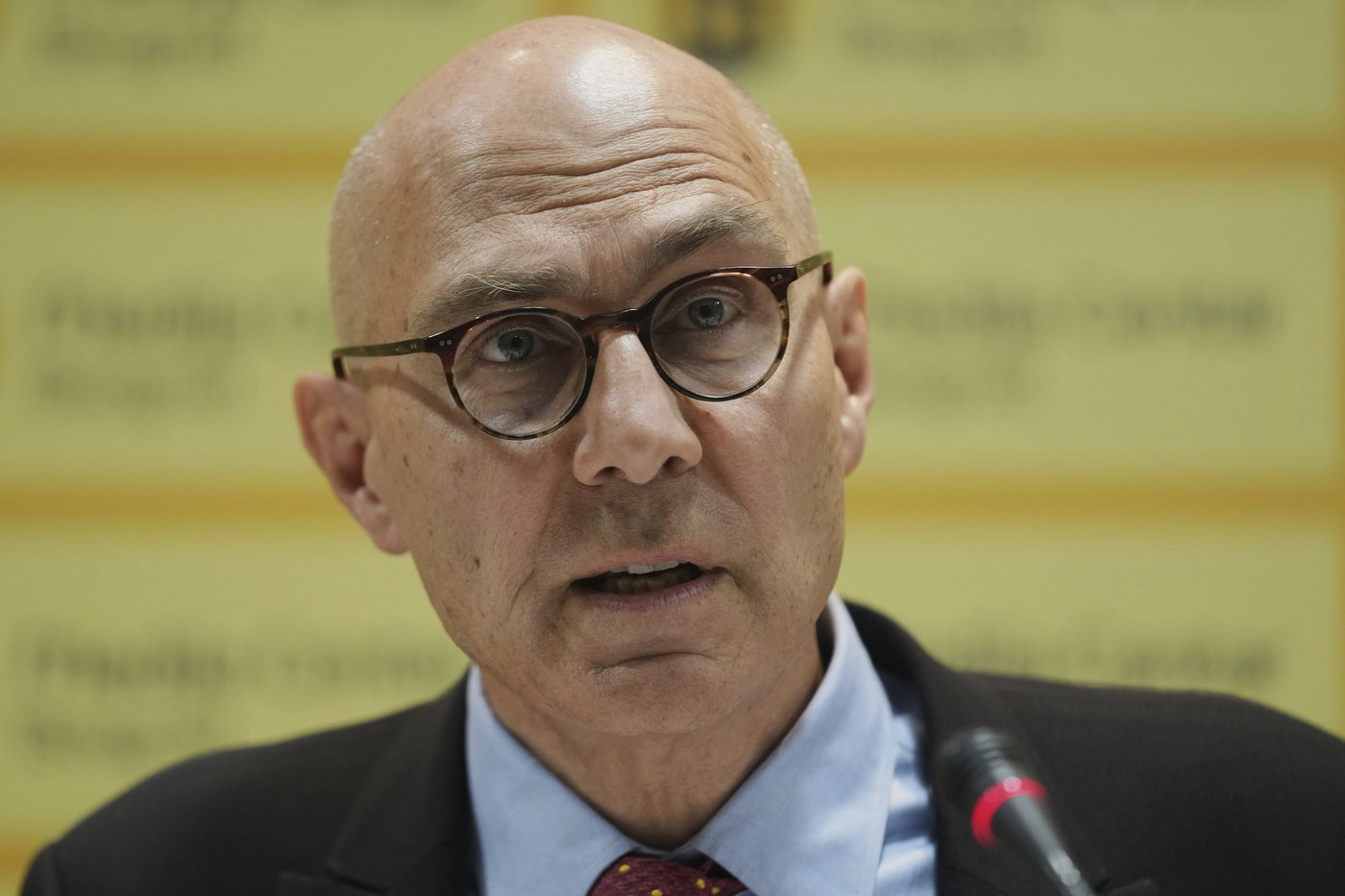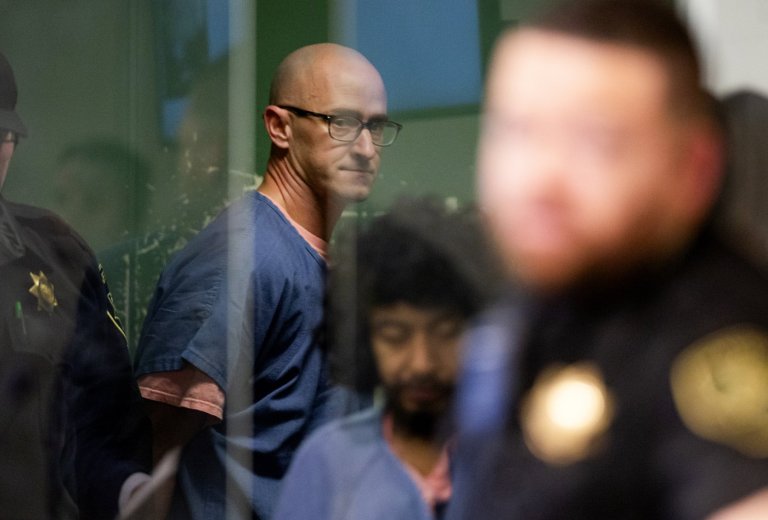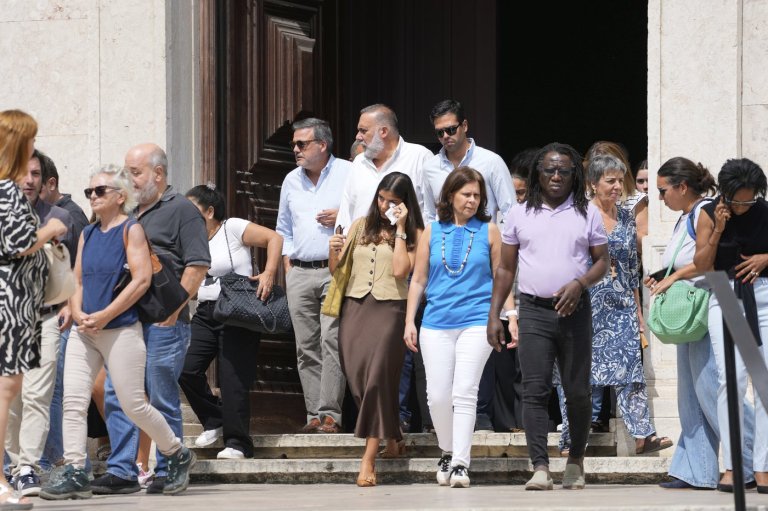
UN says dozens of bodies discovered in a section of Libyan capital run by armed militia
GENEVA (AP) — The United Nations human rights office expressed concerns on Wednesday about the discovery of dozens of bodies, some charred and buried and others in hospital refrigerators, in an area of Libya’s capital controlled by an armed militia whose leader was killed last month.
U.N. High Commissioner for Human Rights Volker Türk said he was shocked by revelations that gross rights violations were uncovered at detention facilities in Tripoli run by the Stabilization Support Authority, or SSA, an armed group whose commander Abdel-Ghani al-Kikli, was killed in militia fighting in mid-May.
The rights office said it later received information on the excavation of 10 charred bodies at the SSA headquarters in the Abu Salim neighborhood and another 67 bodies discovered in refrigerators in the Abu Salim and Al Khadra hospitals. It also cited reports of a burial site at the Tripoli Zoo that was run by the SSA.
The office said the identities of the bodies were not immediately clear.
“Our worst held fears are being confirmed: dozens of bodies have been discovered at these sites, along with the discovery of suspected instruments of torture and abuse, and potential evidence of extrajudicial killings,” Türk said in a statement.
Türk called on authorities to seal the area to preserve evidence and said there needed to be accountability for the killings. He said the U.N. should be granted access to the sites to document rights violations.
Join the Conversation!
Want to share your thoughts, add context, or connect with others in your community?
You must be logged in to post a comment.


















